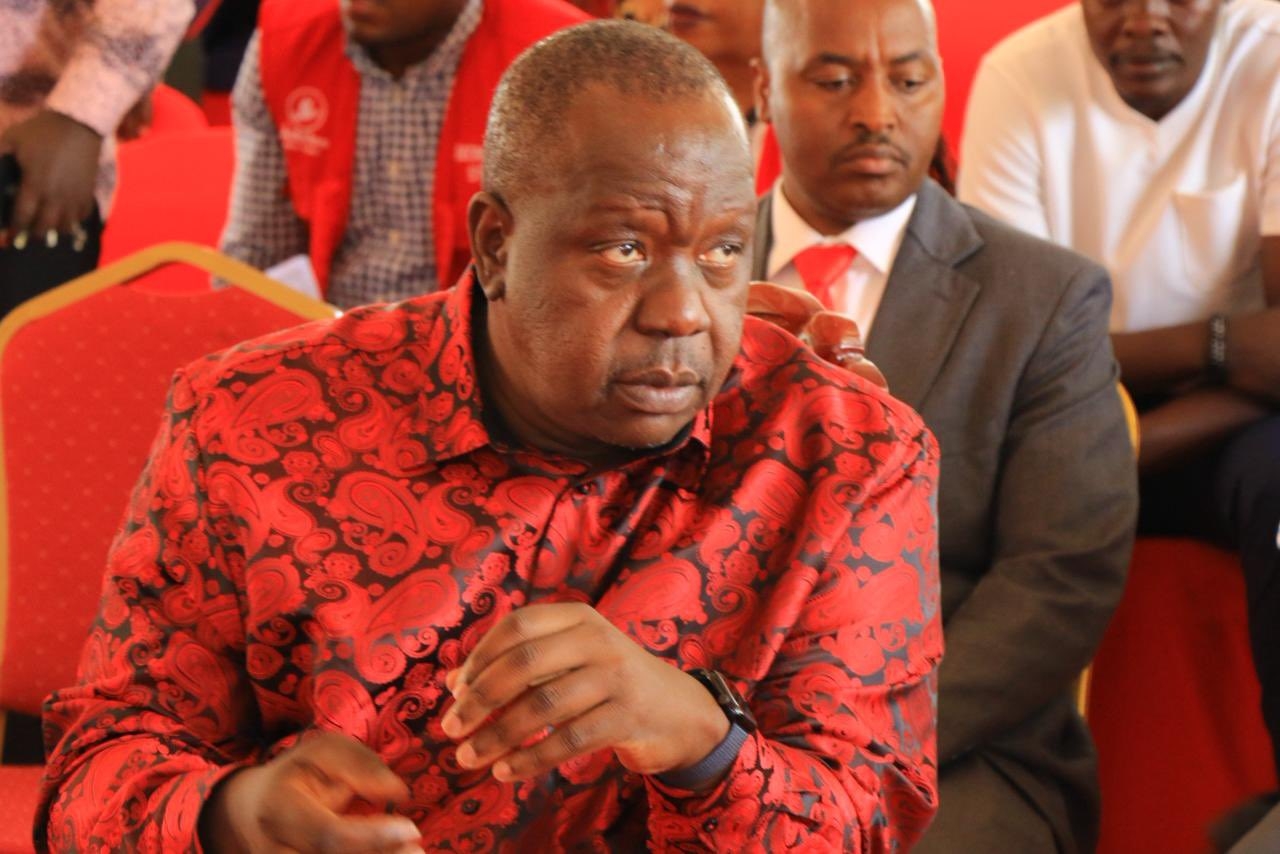Experts have given mixed reactions on the government's move to privatise Kenya Seed Company.
KSC is among 11 state run entities that will be handed over to private operators in the State Privatisation Programme.
The organisation's former chairman Andrew Tuimur said KSC should not be privatised since it plays an important role in country's food security.
“Privatisation is a good thing, but there are certain parastatals that are important to the economy and the security of the country. They include the Kenya Seed Company and ADC,” Tuimur said.
He said, already, 48 per cent of KSC is in private hands while the government has controlling shares of 52 per cent.
Tuimur said KSC should at all times have seed stock that lasts about three years.
“So that incase of any calamity such as drought, the country has something to fall back to as it organises itself,” he said.
Tuimur, who is a former Agriculture CAS, said there are people who still believe in original seeds, which the company has been providing for many years.
“Privatising the company means you cannot guarantee quality and availability of seeds. Besides, the governance of the company will be in private hands and the owners can do anything, including closing it,” he said.
Kenya Seed is one of the oldest companies in the country. It was started by the colonial government.
"It produces vegetable, cereal and other seed crops for the country. Kenya Seed plays an important role not only in food security but also in terms of the overall security of the country,” Tuimur said.
Tegemeo Institute of Agricultural Policy senior researcher Timothy Njagi said privatisation of Kenya Seed will enhance competition with other seed companies.
He said it will also help the company produce more seeds and make more money through available technologies.
On Monday, National Treasury issued a public notice for Kenyans to give their views and comments on the proposed privatisation programme.
KSC is a state corporation by virtue of majority shareholding by Agricultural Development Corporation, which has at 52.88 per cent shares.
The company was incorporated as a limited liability company in Kenya in 1956, with the mandate of producing and marketing high-quality certified seeds.
It serves the East African region through its subsidiaries including Simlaw Seeds Kenya, Kibo Seed Tanzania, Simlaw Seeds Uganda and Kenya Seed Company Rwanda.
National Treasury said Kenya Seed financial and operational performance has been good over the years and the industry is mature and competitive.
“But privatisation of KSC will generate additional revenue for the government,” the notice reads.
The notice said the privatisation initiatives in Kenya have been guided by the 1998 Policy Paper on Public Enterprises Reform and the Privatisation Act 2005.
The Policy and the Act provided a framework for the privatisation and restructuring of government-owned enterprises.
This was intended among others to address the challenges faced by those entities such as inadequate capital for investments and working capital due to dwindling government resources.
This is in addition to limited expertise in government on business and commercial operations, use of outdated technology due to lack of capital for investments, and dual mandate of regulatory and commercial functions in some entities.
“Further, privatisation and restructuring is geared towards government’s efforts for fiscal consolidation and spurring economic development through raising of additional revenue, and reducing demand for government resources among many demanding and competing needs,” the notice said.













![[PHOTOS] Ole Ntutu’s son weds in stylish red-themed wedding](/_next/image?url=https%3A%2F%2Fcdn.radioafrica.digital%2Fimage%2F2025%2F11%2Ff0a5154e-67fd-4594-9d5d-6196bf96ed79.jpeg&w=3840&q=100)



